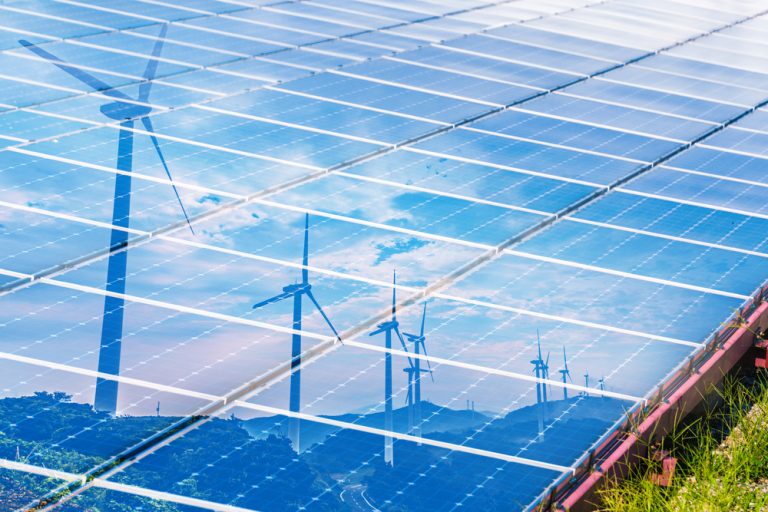Jakarta – The Draft Government Regulation on Renewable Energy (RPP KEN), which the House of Representatives is discussing, sets the target for the new renewable energy (NRE) mix in 2025 to fall from the previous 23 per cent to a range of 17-19 per cent. The National Energy Council (DEN) is reviewing the renewal of Government Regulation (PP) Number 79 of 2014 concerning the KEN RPP, which is scheduled to be completed in June 2024.
The decision to lower the NRE target was criticised by the Institute for Essential Services Reform (IESR). IESR considers that lowering the target signifies a weak commitment to energy transition and reflects the dominance of interests to maintain fossil energy.
Furthermore, IESR considers that the 2025 to 2030 period should be an important milestone in accelerating the energy transition in Indonesia by achieving the NRE target of more than 40 per cent and reaching the peak of energy sector emissions by 2030.
According to IESR Director Fabby Tumiwa, achieving an ambitious renewable energy mix this decade is important to align Indonesia’s greenhouse gas emissions with the Paris Agreement targets.
Furthermore, achieving the target will bring long-term benefits such as cheaper electricity prices, low-emission investment attractiveness, manufacturing industry growth, and job creation from the renewable energy sector.
IESR also detailed that the delay in achieving the 38-40 per cent renewable energy mix target by 2040 could reduce the major benefits of renewable energy development, including more affordable electricity prices and attracting foreign investment. “There is a mismatch between the DEN target and the Just Energy Transition Partnership (JETP) agreement, which targets 44 per cent of the NRE mix by 2030,” Tumiwa said.
Are nuclear plants the solution to NRE?
Tumiwa emphasised that this low target setting casts doubt on the credibility of Indonesia’s energy transition policy direction in the eyes of international investors. IESR also questioned the strategy in the KEN RPP regarding the operation of nuclear power plants in 2032 and the use of CCS/CCUS in power plants that are still operating in 2060, which are considered based on something other than technical and economic feasibility in Indonesia today.
IESR Energy Transformation Program Manager Deon Arinaldo added that the focus of greenhouse gas emission mitigation in the energy sector should be more on developing renewable energy and energy storage technologies that have proven competitive. He said solar and wind power plants could be built quickly, so paying attention to how investment projects and procurement processes are prepared at PLN is necessary.
Arinaldo said that Indonesia will be burdened with the cost of implementing CCS in PLTU, which is expensive, and operational costs are prone to volatility and unsustainable. Meanwhile, the development of nuclear power plants has become anticlimactic amidst the decline in the world’s nuclear power plant capacity after the nuclear tragedy in Fukushima. (Hartatik)














